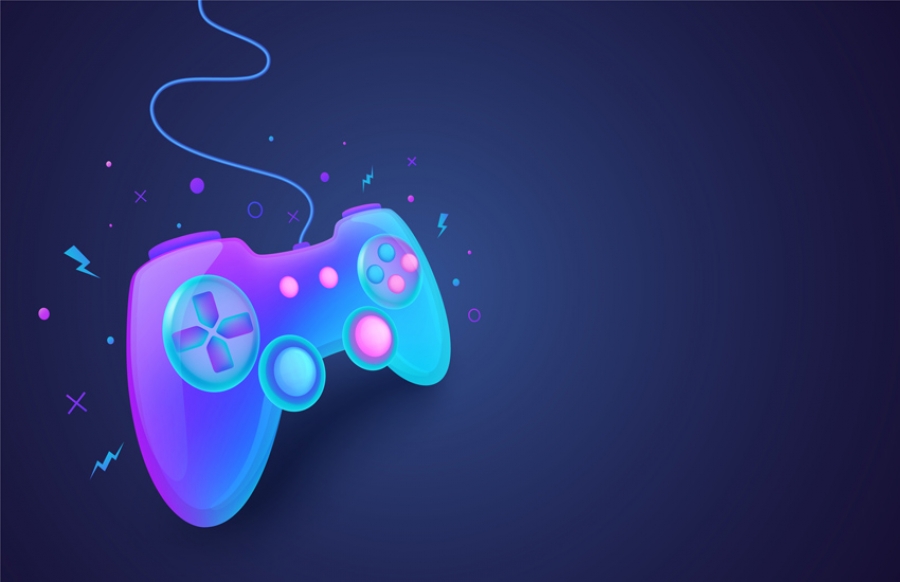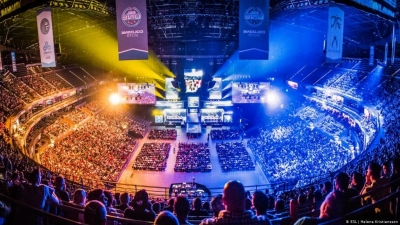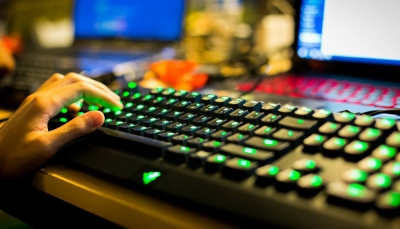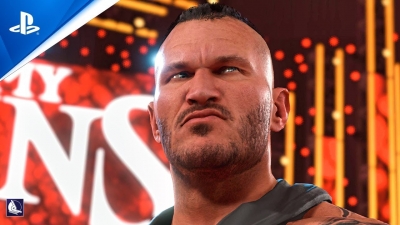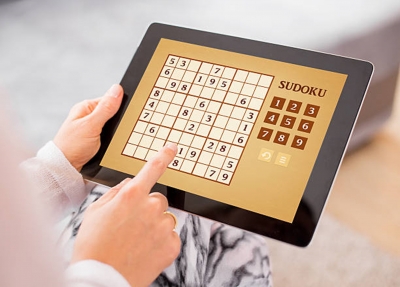If you consider yourself a gamer, then you can't have missed all of the hype about blockchain games. But it might seem that this is a world full of new acronyms, abbreviations, and jargon, that might be outing you off from dipping your toe into this new gaming environment.
Well, this guide is here to help! We're going to explain everything that you need to know. From blockchain to bitcoin to playtoearn, we've got it all covered.
What is Blockchain?
Blockchain is a type of software that works as the foundation for cryptocurrencies like Bitcoin and Ethereum. Because it's decentralized (not controlled by one organization or company), it allows for more security and anonymity.
Remind Me What Bitcoin is!
Basically, Bitcoin (and other cryptocurrencies) are virtual currencies that don't necessarily have a physical form. They're not like currencies such as pounds or dollars that come with financial institutions' control - these digital coins are decentralized because they don't need any third party to give them value.
Who Can Use BlockChain?
Anyone with an internet connection can use blockchain. You can make your wallet (you've got two options here: 'hosted' or 'local'), then you just have to download the right software for your preferences, then you're ready to go. Your money is stored in something called a 'ledger.'
How Does Blockchain Work?
Every time someone sends digital coins, the transaction is recorded. Every transaction is in a public ledger, which means you can see it. The transactions are confirmed by outside sources (called 'miners' because they use their computational power to solve complex math problems to approve the transaction) and then added to something called the 'blockchain.'
How Do You Earn Money With BlockChain?
It's straightforward to set up your wallet where you get all of your money straight away, but there are also exchanges where you can buy and sell virtual currencies like Bitcoin for real money. Or, if you're techy enough, there are ways that you can trade cryptocurrency for other types of currency or even goods and services!
These games aren't exactly new - companies have been using the blockchain concept for years, but it's only recently that developers have started to focus on gaming. It works by running code in a decentralized network of computers called nodes, rather than having one centralized server controlling everything.
What Are Blockchain Games?
Blockchain games are, simply put, online games that utilize Blockchain technology in some way, either by paying cryptocurrency for resources in-game, through transaction fees, or part of an economy. Many free blockchain games out there allow you to earn money while playing the game!
Blockchain is changing the way people think about games, which players are already experiencing. Blockchain is a more secure method of transferring virtual assets between players in-game, instead of using centralized platforms like Steam or Kongregate to move items, money, gold, etc.
One example would be Ethermon on Ethereum, which allows you to catch digital monsters that can learn different skills and grow into more powerful creatures - then transferred on the blockchain!
There are many benefits of playing games on blockchain networks: adding more transparency to item transactions will make it easier for developers to create apps that use tokenized assets. Blockchain makes this possible through its distributed ledger system, which records all asset transfers made within video game economies. These apps can be used in all types of games, even on mobile devices!
How Can You Earn Money With Blockchain Games?
There are many ways to earn money in the blockchain gaming world:
- Some games allow players to mine or generate currency by spending time and effort in play. Using this method, you could potentially profit from playtime because they'll collect an "energy" resource that can later be traded for cryptocurrency, such as BITGEM.
- Other blockchains like NEO keep transaction fees low, meaning it takes just a few cents to send digital assets across platforms - which means that developers don't have to charge exorbitant prices for in-game items.
- Finally, all blockchain apps and games need miners and supporters to run their platforms. And like any other type of software, games will need to make money somehow!
What Are Mining Games?
These games, like EtherBots, allow you to mine for resources within the game. These resources can then be used to create personalized, tradable assets that are valuable outside of the game.
How Do Mining Blockchain Games Work?
Typically, these blockchain games have predetermined items created in advance by the developers behind the scenes. They release these items into an economy run solely by players within their servers.
Players can buy different parts and components for their bots in-game with cryptocurrency. For example, if a player wants a part for their bot but doesn't have enough currency to purchase it outright, they'll be able to pay another user for the part in-game via cryptocurrency.
This allows for players to create tradable assets like bots and parts that can be sold for other tokens such as BITGEM (BTGM), Bitcoin (BTC), or Ethereum (ETH).
Why Should I Play Mining Blockchain Games?
If you're interested in getting into the world of cryptocurrencies, then it only makes sense that you start playing blockchain games. Many mining games require players to purchase different parts for their bots using their hard-earned cryptocurrency. This teaches them the ins and outs of buying virtual assets, which can be used outside of the game as well - if they choose.
It's also great practice for more complex blockchain skills like learning about different cryptocurrencies, transaction fees, security protocols, etc. If you're an avid gamer, it's a great way to get in on cryptocurrency early, and you never know - you might make a few bucks along the way.
What is BTGM?
According to the official website, the BITGEM blockchain comprises several parts that players can use across all sorts of blockchain games. It has its own token called BTGM that forms part of its internal economy. It also has a virtual mining system that can allow users to mine for resources within their own servers.
The platform allows for multiple currencies, so players will have access to different digital wallets for holding their cryptocurrencies. Additionally, it supports an auto-transaction function, so players aren't weighed down with transaction fees when playing these types of games.
How can I get BITGEM (BTGM)?
The primary way to get BTGM is by playing one of the many blockchain games that are currently hosted on the platform. Users who earn BTGM playing these games will be able to withdraw their funds to their digital wallets and trade them elsewhere if they choose. They'll also be able to use BTC and ETH for in-game transactions.
Why do we need Blockchain Games?
There are several reasons why blockchain games like EtherBots will become increasingly popular as time goes on and more and more people gain an interest in cryptocurrencies and blockchain technology.
Users need to understand how these types of tokenized economies work. They may someday be participating in one themselves - whether through their own ICO or gamification using cryptocurrency, a different kind of digital asset. They'll need to know the ins and outs of how cryptocurrencies are created, traded, or mined.
These games also help with security protocols related to transactions between different users. They're complex subjects that can seem daunting to understand at first - but virtual tokenized economies offer an easy way to get involved without investing real money into it if you don't want to. Plus, games are fun!
Conclusion
Blockchain simulation games are a great place for newbies in the cryptocurrency world to cut their teeth on what they've learned so far about blockchain technology. With all the new ICOs popping up these days, it's essential for users to have some knowledge about this subject to protect themselves from scams


